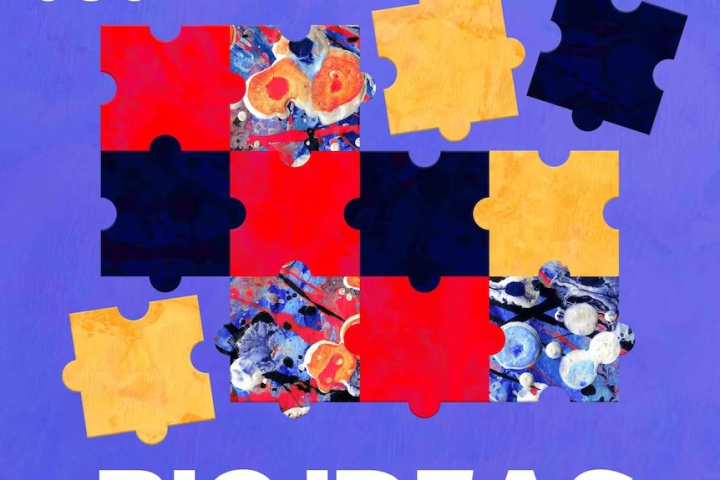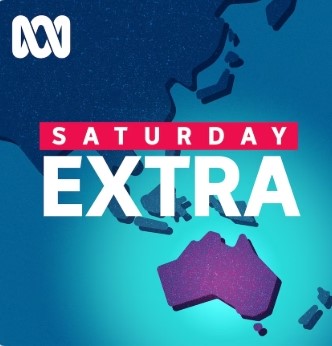With so many independents running, there’s a suggestion that Australia is on the precipice of a tectonic shift in politics. If only. These aspiring independents are launching their campaigns replete with catchy slogans, brightly coloured posters and t-shirts, and all the razzamatazz of politics-as-usual. “They’re not calling them parties at the moment, but that’s not far away,” says Lachlan Harris, former comms director to Kevin Rudd. Successful independent senators Nick Xenophon, Pauline Hanson and Jacqui Lambie have shown how independents seek to capitalise on their cache by building their brand, and political power.
Admittedly, more independents are probably running now than in living memory. What’s lifting this current crop? Is it climate inaction, the stalling of a federal integrity commission or the general disillusionment with politics? One thing’s for sure, in this internet age, the “voices for” are much more readily connecting with their respective constituencies, and offering a new look and a fresh message that says: “I’m not one of the tired old faces with tired old policies you’ve seen so far.”
The challenge to the major parties’ stranglehold seemed unassailable a decade or two ago. Having said that, Labor and Liberal are still the primary political forces in Australia, each so entrenched that it’s hard to picture politics without them. Rarely has the national government been made up of a coalition of minor parties and/or independents. The first federal government was a coalition of the Protectionist Party and Labor, but that ended when Labor won a majority in 1910. The second period followed the 1940 election, when Robert Menzies won his first term as Prime Minister, supported by two independents. The most recent experience is when Rob Oakeshott and Tony Windsor shored up Julia Gillard’s government.
The two major parties not only have the benefit of their long and glorious (ahem) history, but also, with one party in opposition, it’s “the government-in-waiting”. Independents can never replicate that. Instead, an independent relies on a fragile government to be relevant – to be the king or queen-maker. As much as they like to vaunt their significance, being a potential power broker is hardly a new kind of politician?
“The era of the great man may be over” – as former NSW Premier Nick Greiner says – but voters are
hopeful that a great woman might still save the day, as most of the fresh faces are female. The option of backing a promising young woman is quite attractive, especially when no other avenue to salvation seems possible. Notwithstanding that, campaigning drives every candidate towards brand management and identity politics. No wonder the independents are cranking out their own colourful brand of cupcakes. Elections are a merciless win/lose business, with a Rep’s seat, after preferences, requiring a vote of over 50 per cent.
Is it at all possible to get beyond the flimsy ra-ra of campaigning politicians – independent or otherwise?
Elections may be perceived as fundamental to democracy, but the research shows that more than 90 per cent of voters detest the point-scoring. This is the real tectonic shift.
Around the world, citizens’ assemblies point to a more collaborative approach, with Belgium, Canada, Ireland, Germany and France all having institutionalised them as advisory bodies. These “mini-publics” are composed of citizens chosen by-lot (like a jury) and rotated every 18 months or so. In September, in a world first for a major capital city, Paris established a permanent Citizens’ Council. No campaigning, no sloganeering, no tribalism. Hopefully, all our Australian politicos – whether they be incumbents or aspirants – will be sensing these small seismic jolts to politics-as-usual.
Luca Belgiorno-Nettis is the founder of ChangePolitics.org.au




